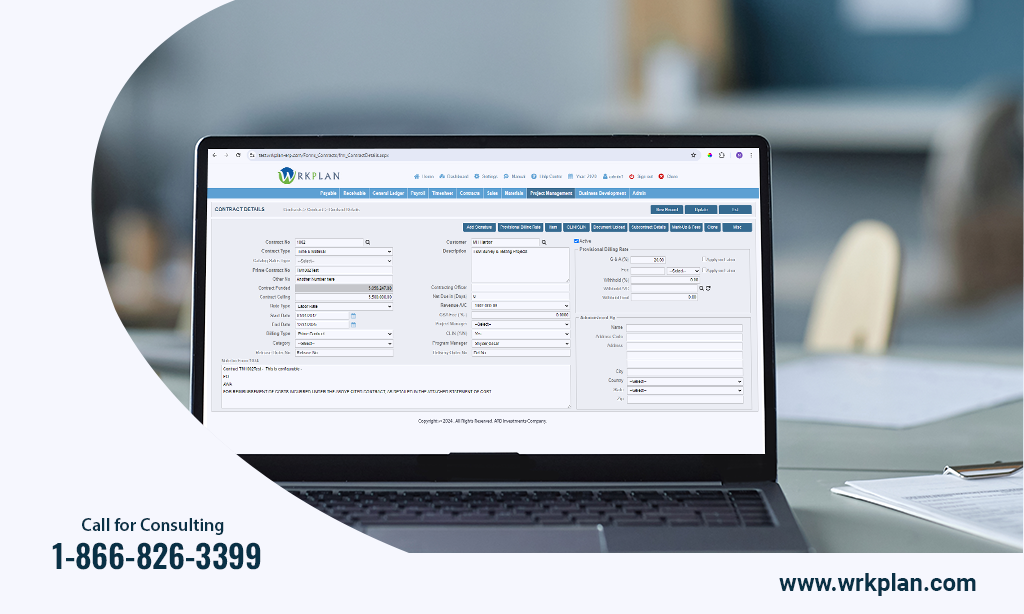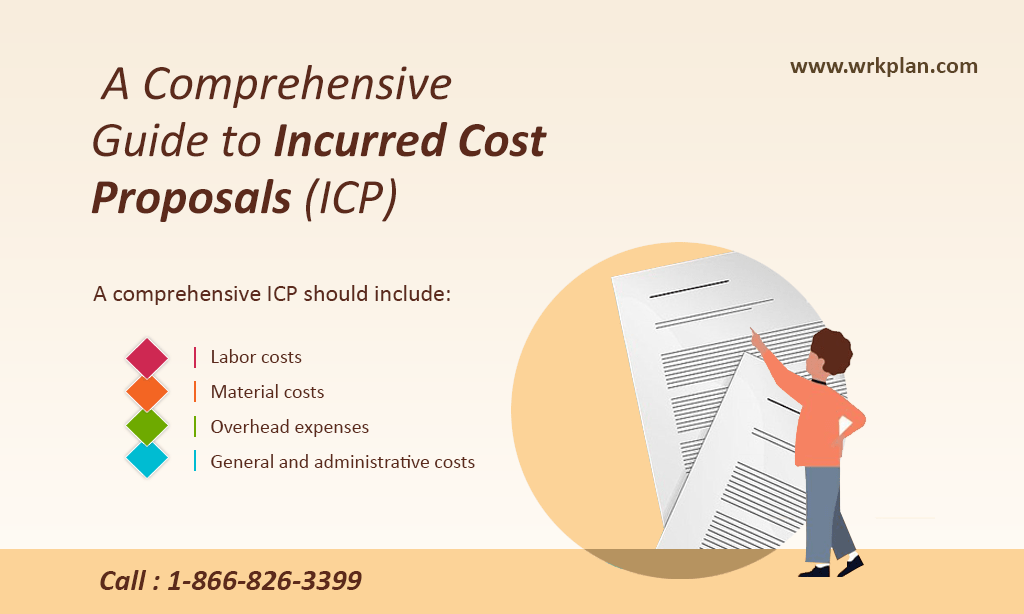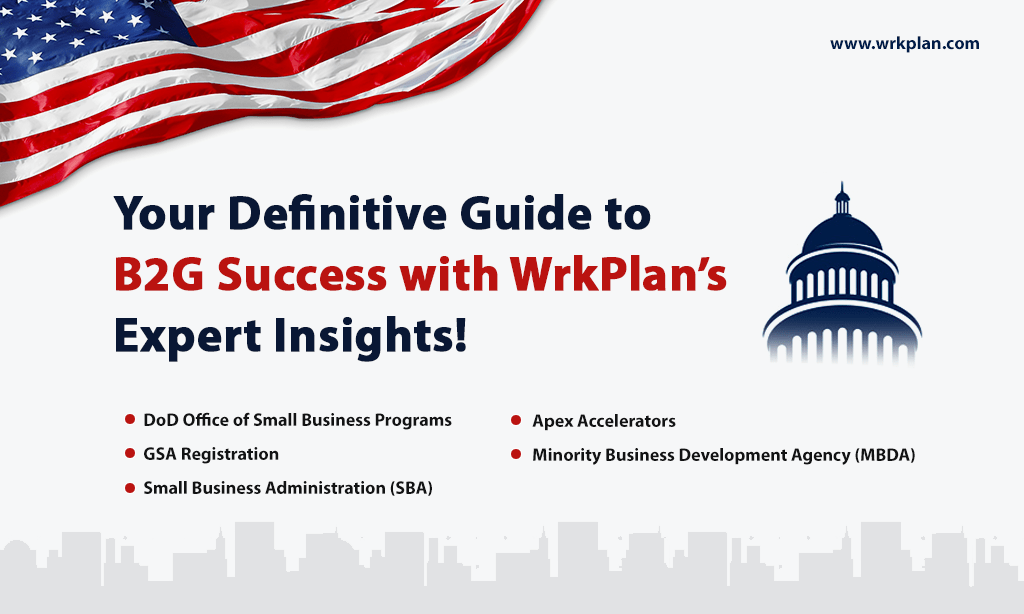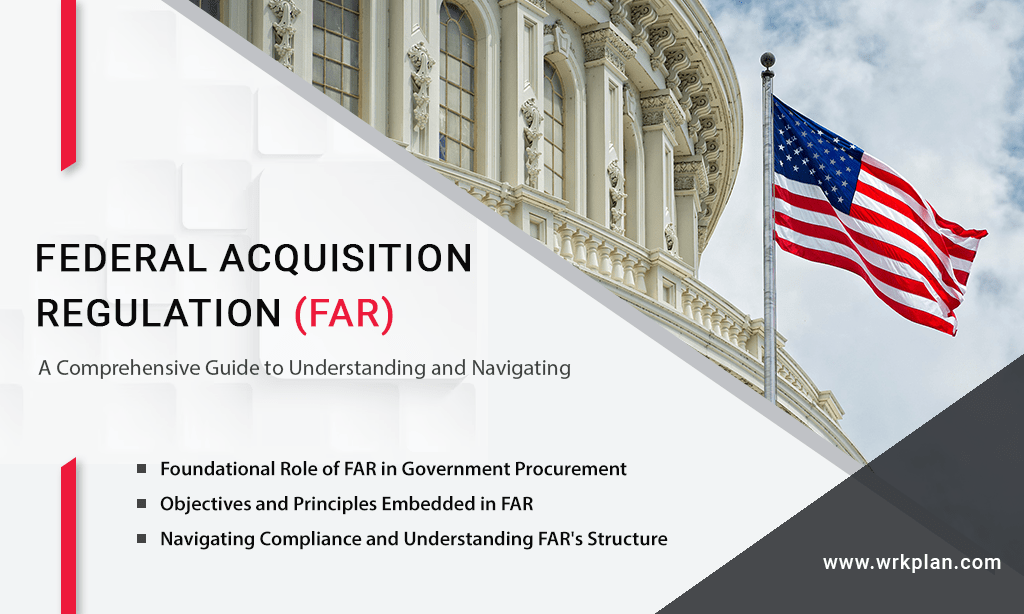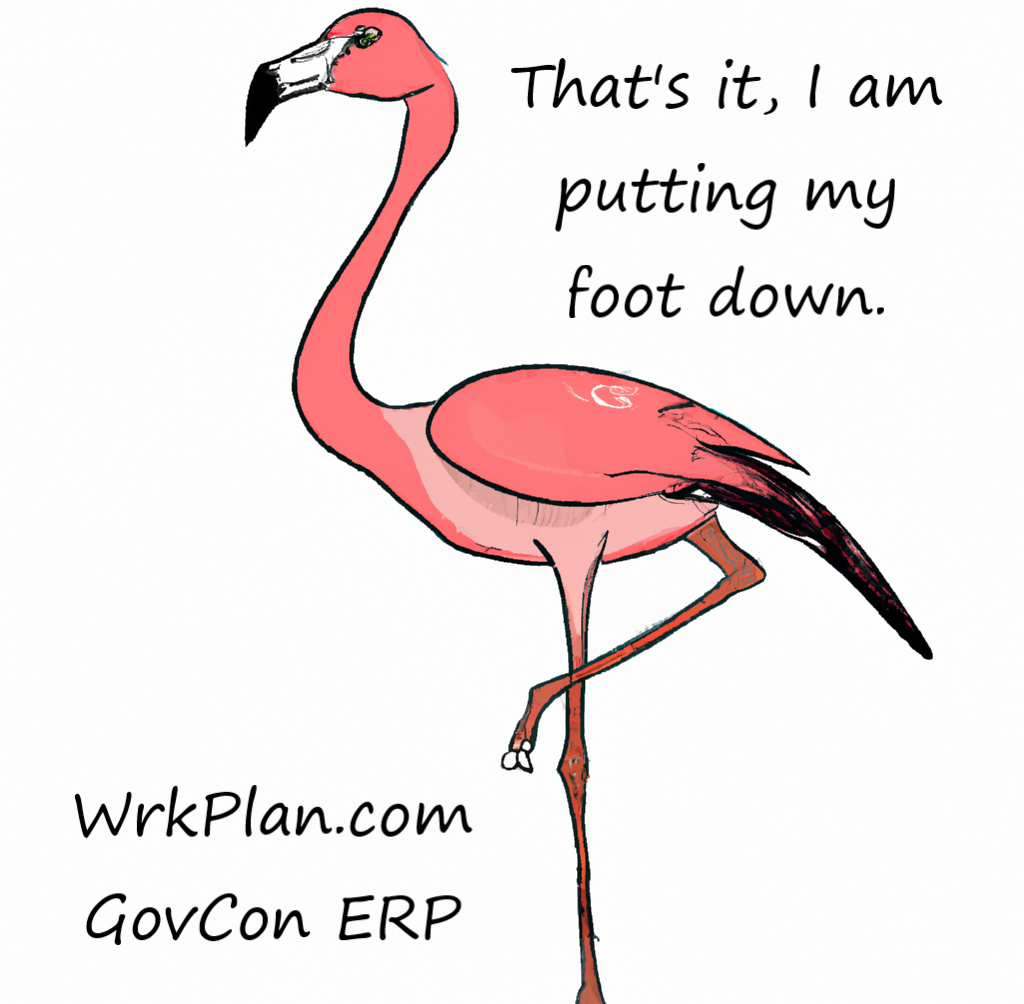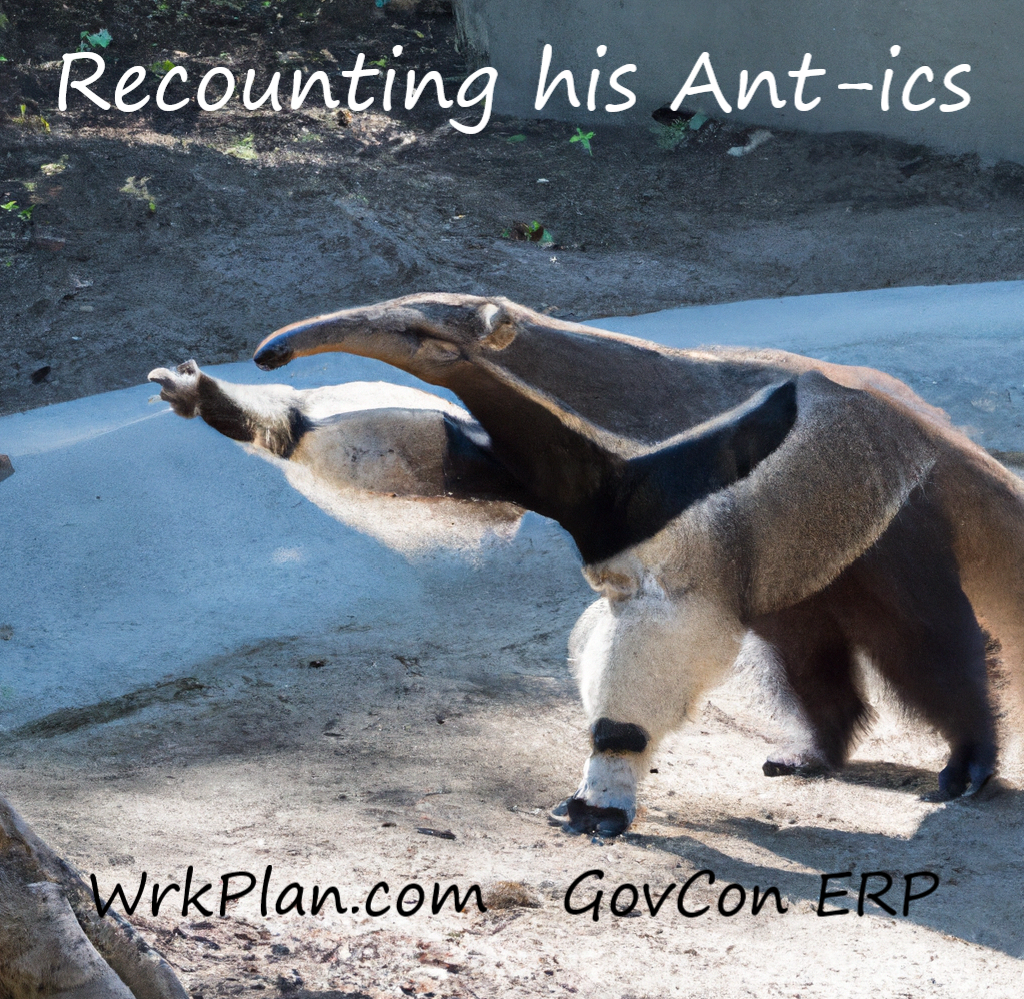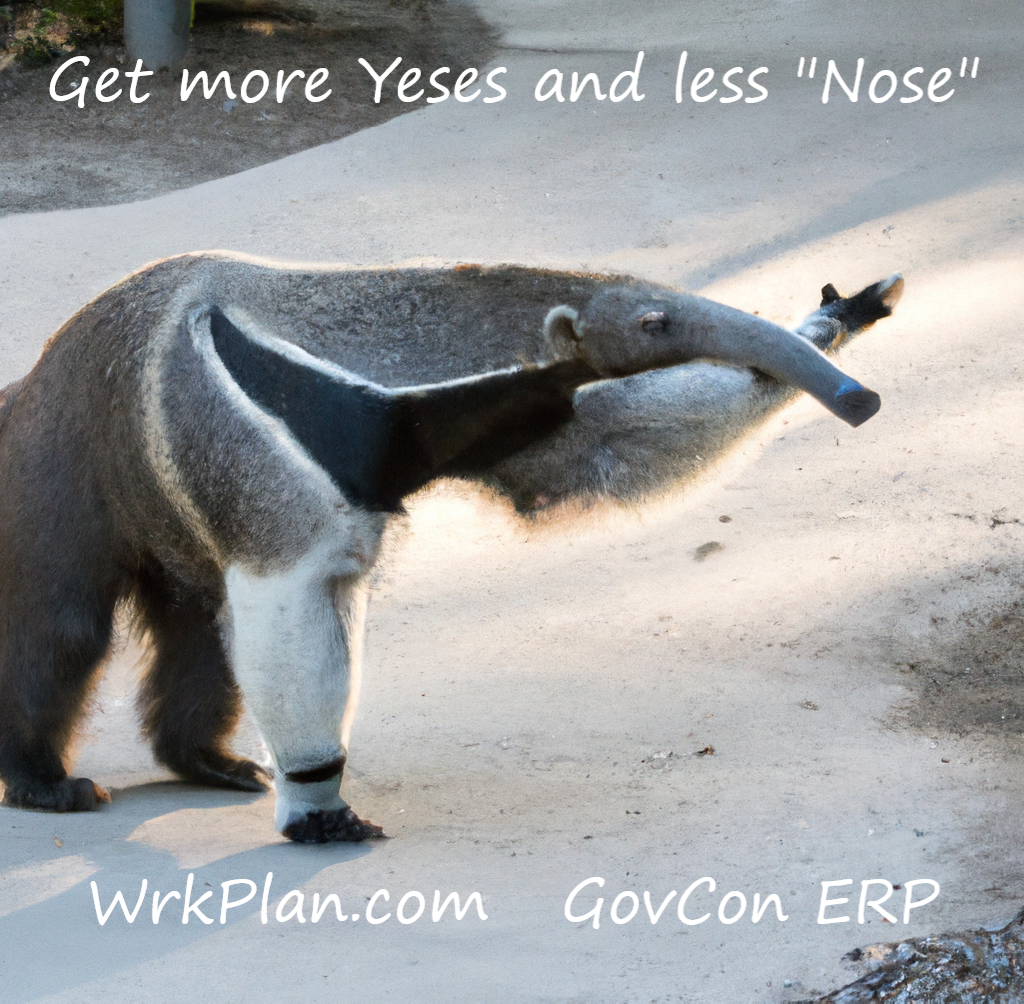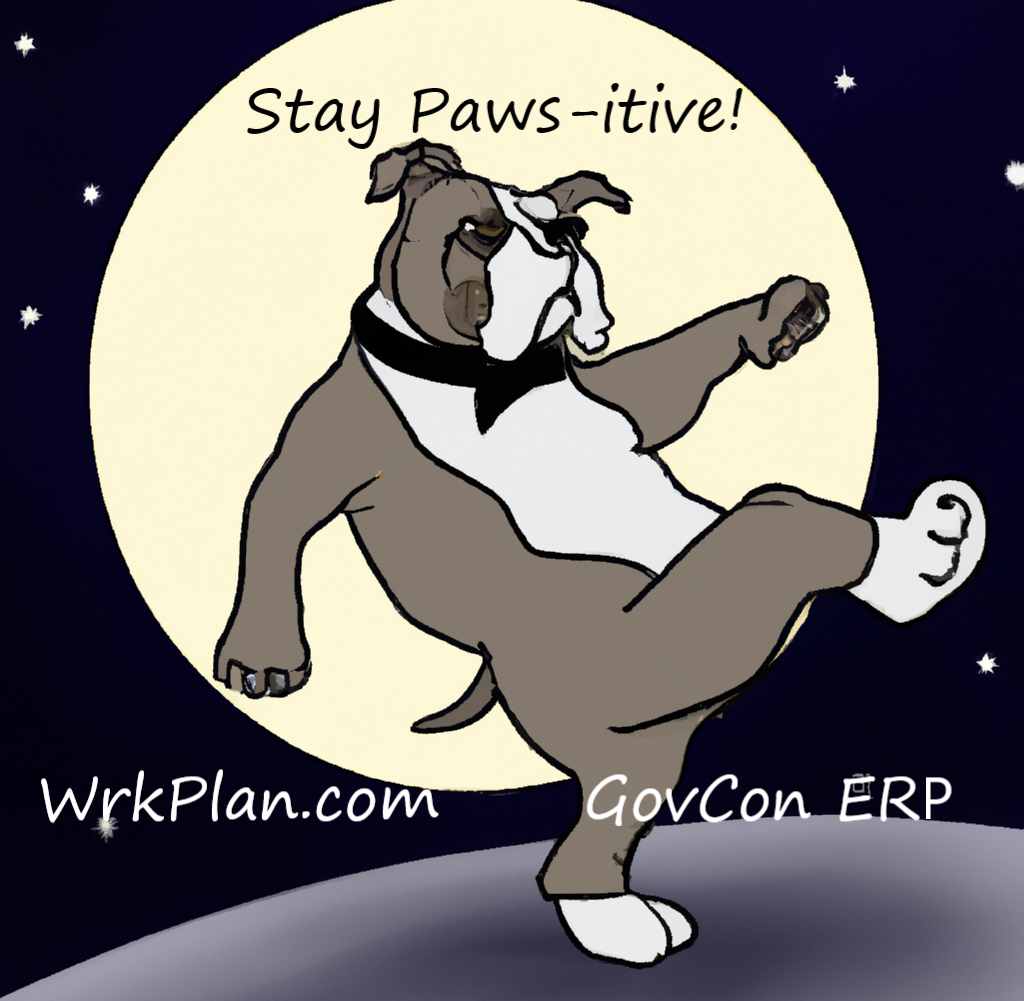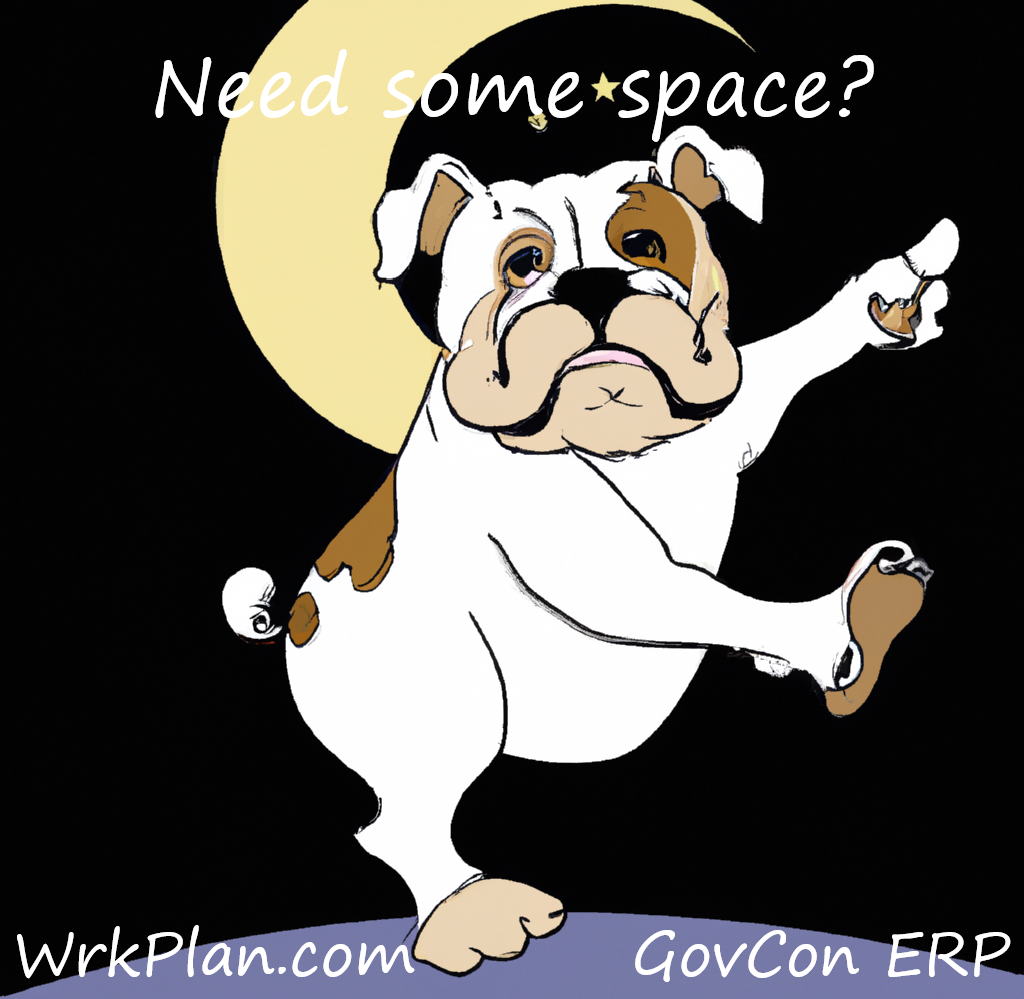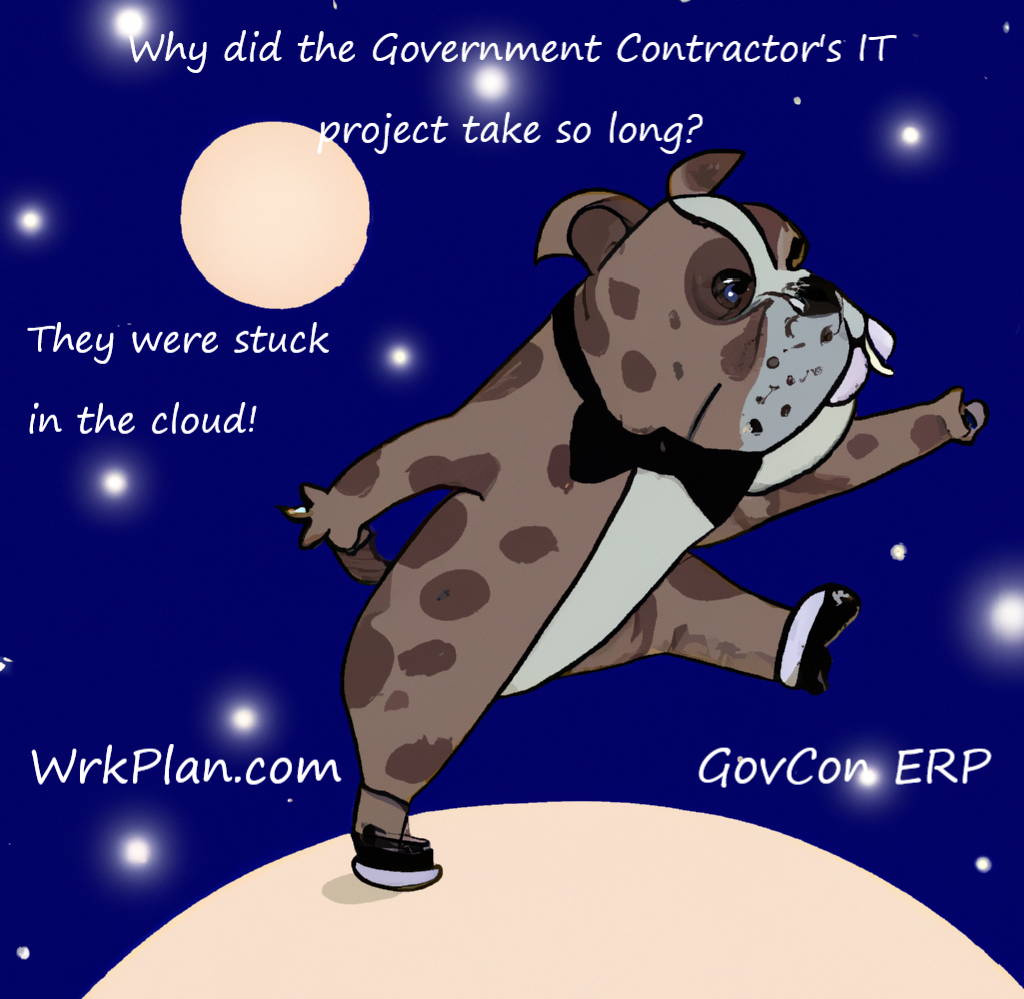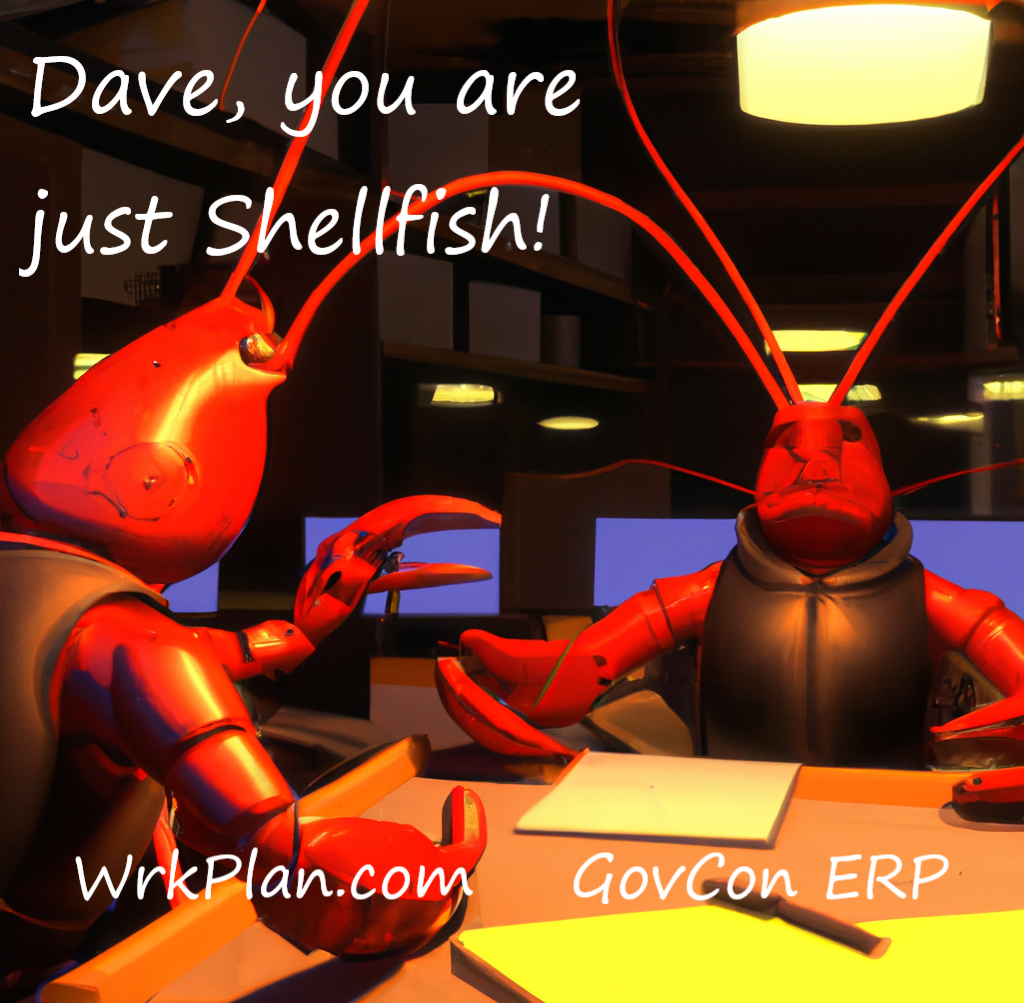WrkPlan Blog
-
Comparing and Contrasting NIST 800-171, DFARS 7012 and CMMC
March 28th, 2023NIST 800-171, DFARS 7012, and CMMC are all standards and frameworks for ensuring cybersecurity in government contracts, with varying levels of complexity and requirements. Here are the major differences between the three: NIST 800-171: This is a set of guidelines published by the National Institute of Standards and Technology (NIST) for protecting the confidentiality of […]
-
Understanding SEWP program Policies and Procedures.
March 28th, 2023The SEWP (Solutions for Enterprise-Wide Procurement) program is a government-wide acquisition contract managed by the National Aeronautics and Space Administration (NASA). The SEWP program offers a wide range of IT products and services to federal agencies, making it easier for them to purchase IT solutions. SEWP program policies and procedures are designed to ensure fair […]
-
What is AWS GovCloud and How Can I Qualify?
March 24th, 2023AWS GovCloud is a specialized cloud infrastructure designed to meet the unique regulatory and compliance requirements of government agencies, contractors, and customers in highly regulated industries such as finance, healthcare, and defense. It provides a secure and compliant environment for running sensitive workloads that require strict compliance with regulations such as FedRAMP, ITAR, HIPAA, and […]
-
KPI Tree – What is it, why use it and how do I build one?
March 24th, 2023A KPI (Key Performance Indicator) tree is a graphical representation of the performance measures that are critical to the success of an organization or project. It is a hierarchical structure that shows how KPIs at different levels are linked and how they contribute to the overall objectives of the organization. At the top of the […]
-
What are the benefits of becoming a government contractor, and how can I leverage them to grow my business?
March 23rd, 2023What are the benefits of becoming a government contractor, and how can I leverage them to grow my business? Becoming a government contractor can offer several benefits for businesses, including: Steady revenue stream: Government contracts typically offer a steady and predictable revenue stream, which can help stabilize your business and provide a foundation for growth. […]
-
Online Fraud with Government Contractors
March 22nd, 2023Online fraud can be a serious issue for government contractors, particularly those who handle sensitive information or financial transactions. There are several ways in which online fraud can occur, including phishing scams, fake websites, and malware. Phishing scams involve the use of fraudulent emails, phone calls, or text messages to trick individuals into providing sensitive […]
-
Bill.com Integration with WrkPlan!
March 22nd, 2023We are excited to announce the integration of Bill.com with WrkPlan, the leading ERP software for government contractors. This integration will streamline your payment processes, allowing you to manage your accounts payable and receivable more efficiently than ever before. With this integration, you will be able to easily create and approve invoices, track expenses, and […]
-
The Benefits of Using Workforce Management Analytics to Optimize Business operations and Increase Profitability
March 22nd, 2023Workforce management analytics refers to the use of data and analytics to optimize workforce operations and improve business outcomes. By leveraging workforce data, businesses can gain insights into their workforce performance and make data-driven decisions to improve productivity, efficiency, and profitability. Here are some of the benefits of using workforce management analytics: Optimize workforce scheduling: […]
-
How does the “point system” work for government contractors? What helps increase a company’s score?
March 22nd, 2023The point system for government contractors is used to evaluate and score proposals submitted in response to government solicitations. The point system is used to assess the technical and management capabilities of the contractor, as well as the cost and pricing of the proposed solution. The point system may vary depending on the specific solicitation […]
-
What is the Difference Between an ERP and a Workforce Management Software?
March 22nd, 2023ERP (Enterprise Resource Planning) and workforce management software are two different types of business software that serve distinct purposes. ERP software is designed to integrate and manage all aspects of a business, including finance, sales, inventory, human resources, and customer relationship management. It provides a centralized platform for managing and automating various business processes, and […]




